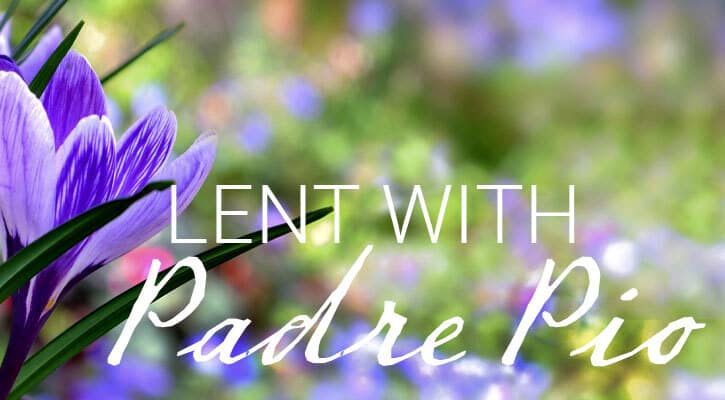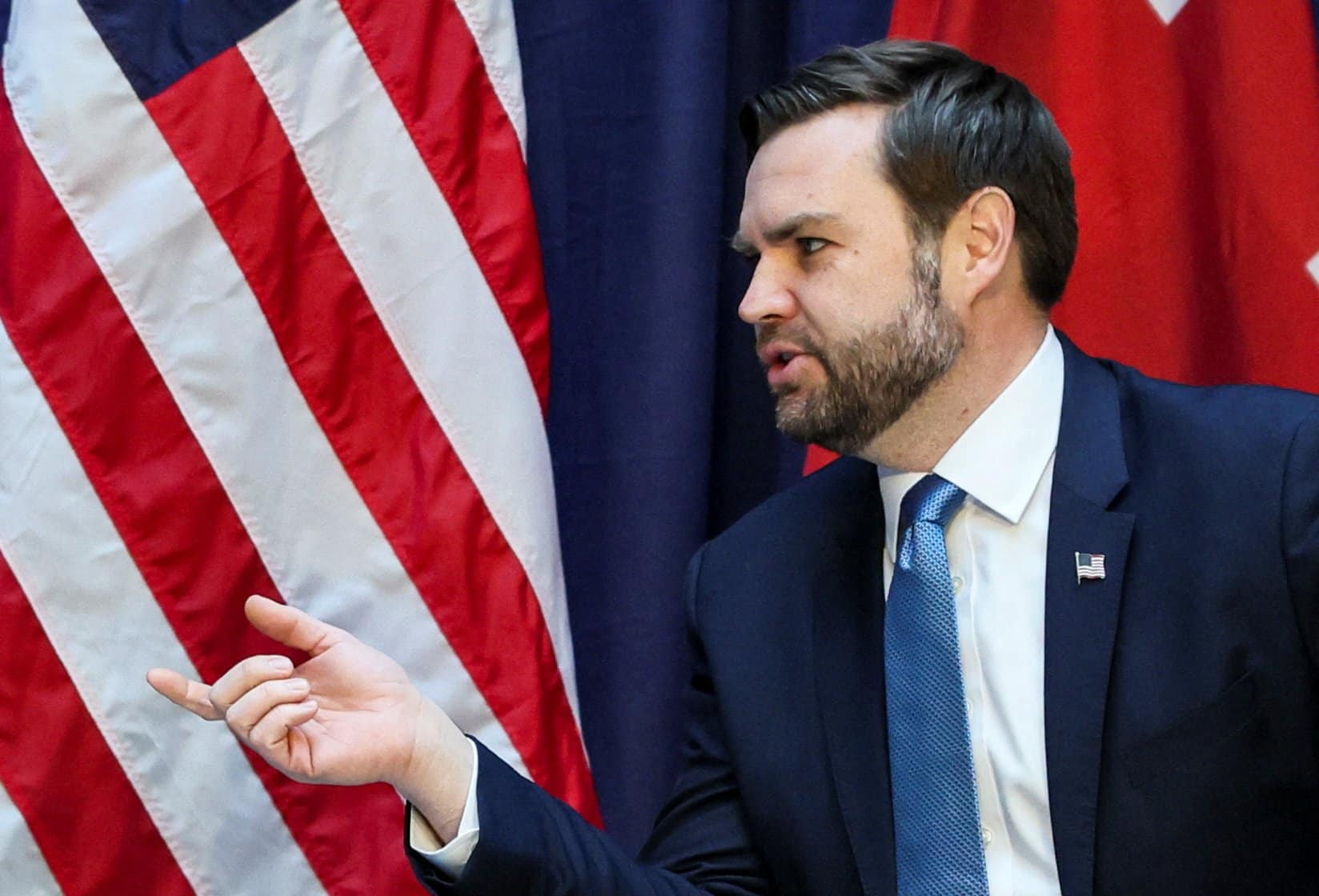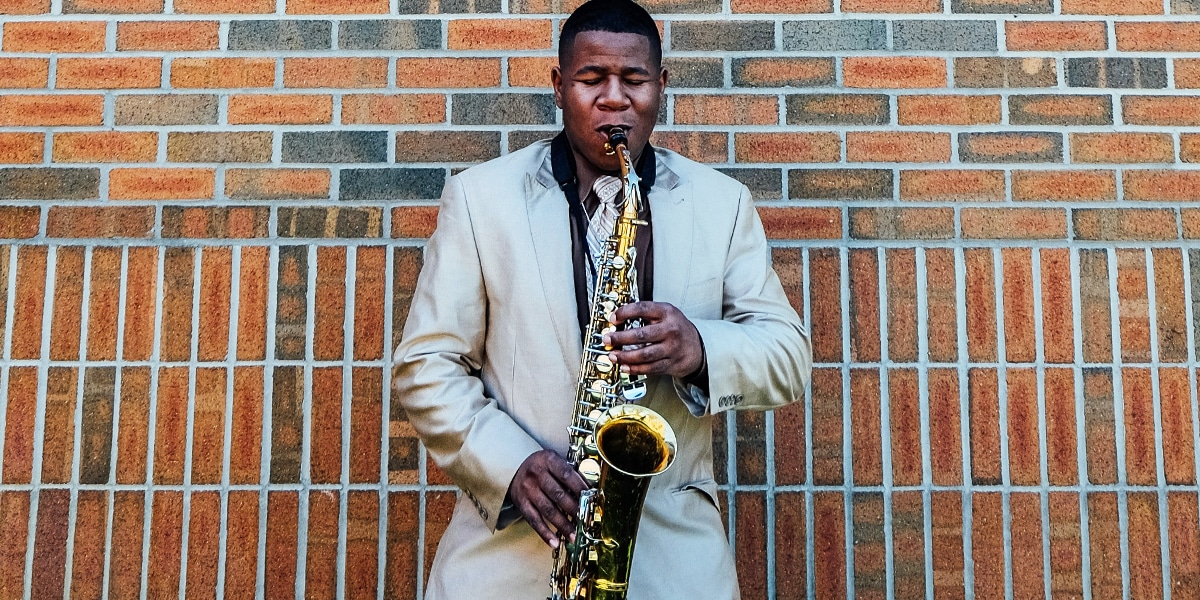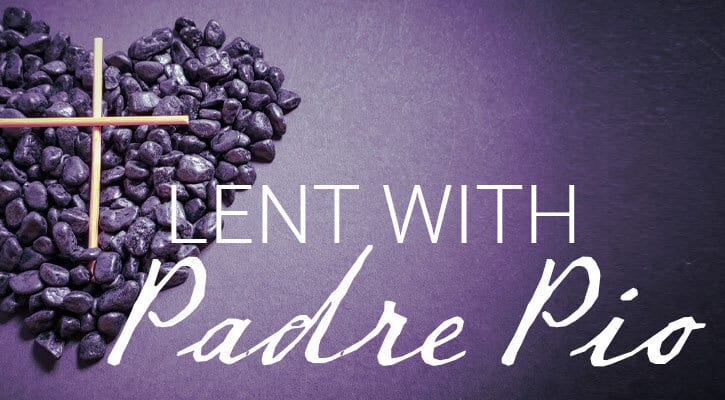Christianity is the only religion which proclaims that God became a human being. This is unique and central to Christian understanding. St. Francis was fascinated by what we have come to call the Incarnation.
As we pray in the Angelus: “The word became flesh and dwelt among us.” The Creator became a creature in Jesus of Nazareth. Wow!
St. Francis understood this as an act of humility and was particularly awed by the thought that God was so humble. Moved by a great love, God was willing to do this for us. God was willing to “let go,” or as St. Paul said in Philippians, not cling to his divinity, but emptied himself, becoming one with us, even unto sharing death. For Francis, that takes humility. Ponder that for a moment! When Francis understood what God was doing in Jesus, he wanted to do the same thing. So he started to live a life of humility, simplicity, of not clinging, not possessing—a life of poverty. He gave away his possessions, even the fine clothes he was wearing. He wanted to be poor and humble, just as God was poor and humble in giving us Jesus.
St. Francis also saw this dynamic manifested in the birth of Jesus—being born in a poor and humble stable. In order to show others the humility of God, he dramatized the Nativity with what became our tradition of Christmas crèches, but he wanted us to notice the simplicity. Francis saw the humility of God in the Eucharist, and was awed that Jesus was willing to “hide” under the form of bread. He saw it clearly in the cross, where Jesus gave his life for us.
Franciscans have a little memory aid to help us remember these core experiences, which illustrates the humility of the Incarnation: “Crib, Cross, Chalice.” Because of the Incarnation, the whole created world has been made holy. It is good, a gift to be cared for. We don’t cling to things, but to God’s word. We don’t possess things or make them our own. We receive them gratefully, use them, and share them with the poor. But they are not ours.
Francis’ life paints a living picture of what was going on in God when he gave us Jesus. God did not “hold back anything of himself but gave himself totally” to us in Jesus. Francis gives us a dynamic to live by. We, too, strive to not hold onto anything of ourselves, but give ourselves away in love. So how do I look upon my possessions? Are they just mine or are they gifts to share? Can I let go and trust in the goodness of God?
Let Us Pray
Gracious God, thank you for St. Francis and his great insight into you.
May he teach us how to imitate your divine process of letting go to show your total love for us.
May we hold our possessions lightly and share them gratefully.









3 thoughts on “Novena to St. Francis | Day One: The Incarnation”
Amen. Wow. This is beautiful and absolutely exactly what I needed to read today. Thank you.
Act justly, love tenderly, and walk humbly with your God.
Absolutely beautiful!!